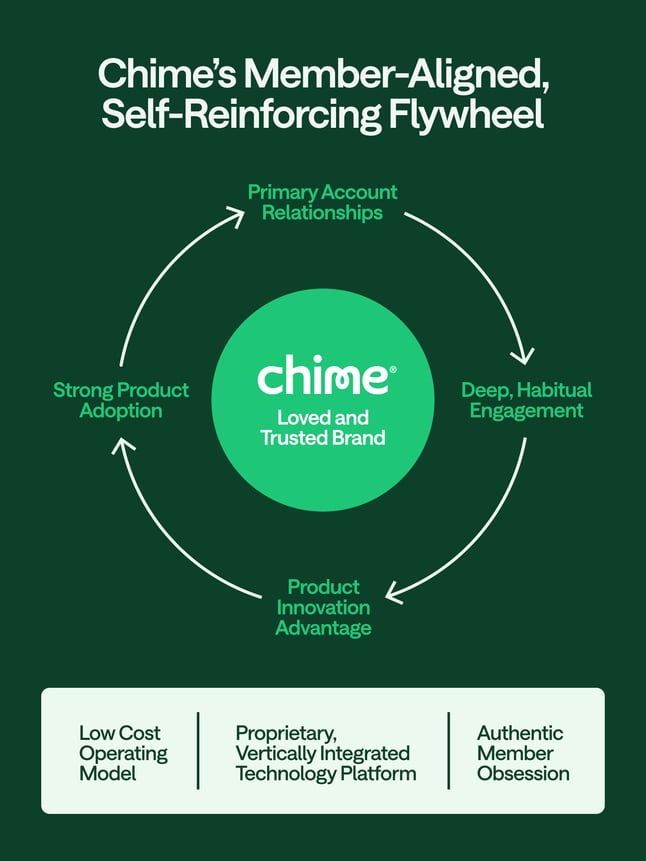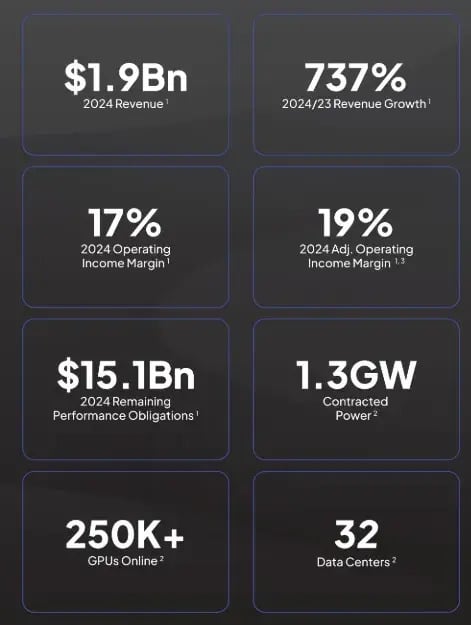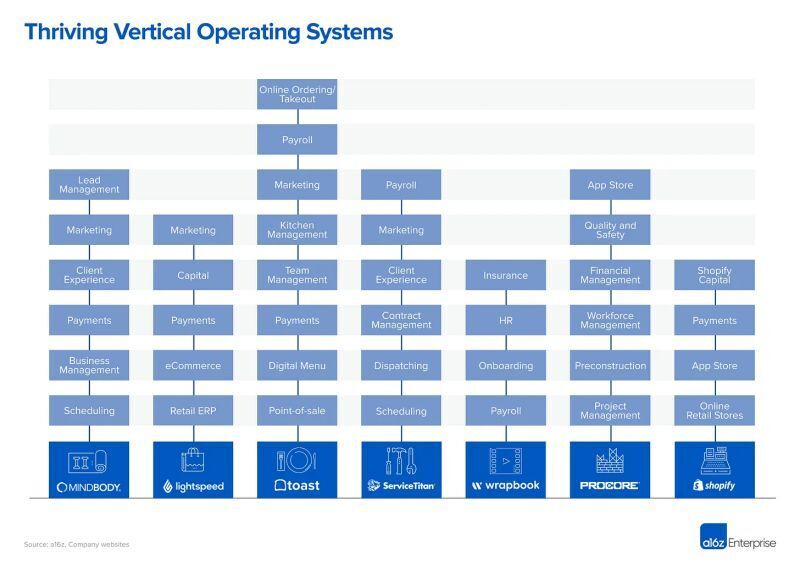TL;DR
Naming a business and securing a web domain are synonymous in today’s digital age
Finding a good domain is increasingly competitive
There are general mechanics for a good domain
15 characters or less
Easy to spell
Avoids number and letter combos
Avoids repeating letters
More below…
Names matter more in certain industries - but not at all in tech
Social signaling is at play when it comes to domains - “.com” is still king
A dumb name sounds worse when the biz isn’t doing well
Steal My Idea is now Mostly Metrics
This is my all time favorite scene from The Wire.
I could run through a fucking wall after Marlo yells, “My name is my name!”
Which leads me to make a confession. I’m obsessed with domain names. Whether it be for real companies or imaginary companies, it doesn’t matter. It’s an unhealthy addiction, and it’s flushed a plethora of brain cycles down the toilet. The Products section of my GoDaddy account is the equivalent of an Idea Graveyard.
I’m fully aware that 99.9% of the time, naming a company is a super low value task. It’s the equivalent of mental masturbation. So in an effort to claw back some of the value I’ve lost, I’m sharing what I’ve learned about naming companies and finding domains so you don’t have to go down the same rabbit hole.
(And also, I’ll ignore most of my own advice and change the name of this newsletter.)

General mechanics to adhere by
People and machines default to “.com”: Your aunt and your iPhone will both default to “.com” when they search for your company. Right, wrong, or indifferent, you don’t want to be a victim of auto-correct. More on the importance of “.com” later.
15 characters or less: No one cares you named your company after your favorite paragraph from War and Peace. You are not that clever and I don’t want to type it out.
Easy to spell: If you use the words Definently or Truley in your company name, there’s a 75% chance I’ll never find you.
Easy to say: Imagine you’re trying to say it to your grandmother phonetically over the phone. You get it.
Avoid number and letter combos: Do I search for SentinelOne or Sentinel1? I still don’t know and it gives me anxiety.
Avoid repeating letters: I once thought about buying a domain for “Bell Lap” (like the last lap in a race), thinking it would be a cool name for an angel investing group. But I realized it would have three L’s in a row (belllap.com) and look like someone fell asleep on the keyboard.
Avoid Hyphens: They’re tough to express to someone verbally: “Have you seen this new site Survey-Monkey? There’s a hyphen in there by the way, between the ‘Survey’ and the ‘Monkey.’”
Don’t Paint Your Self Into A Box: You want to be specific enough to attract the right audience, but not so specific that there’s little wiggle room for product or topic expansion. I’m attempting to give myself more freedom in choosing mostlymetrics over onlymetrics.
Avoid words that can be “misused”: Like most middle schoolers trying to add new cleats to my Christmas list, I discovered the hard way that Dicks Sporting Goods does not own the shorter version of the domain.
Names matter more in certain industries
If you’re a service business, it’s important to quite literally convey the service you provide. If you’re a lawyer, you should have law in your name. If you’re a plumber, you should tell people you are in the business of unclogging pipes. If you’re a car mechanic operating under the name “Your Chariot Awaits”, I’m probably going to skip over you to Acme Motors in the Yellow Pages and call it a day.
If you’re a social media app or B2C product, you have a great opportunity to leverage the name for clever branding. Lyft sounds hip while communicating their core job to be done. The same thinking applies with Hinge and AirBnB.
However, if you are a B2B tech company, all bets are off. You can pretty much name it whatever you want. You could build a machine learning company named Royal Panda Canoe. There’s often little correlation between the name and the product. Atlassian? Snowflake? Okta? Figma? These could all very well be Hollywood movie studios releasing the next Fast and Furious movie, or dive bars on the Upper East Side.
On the other side of the spectrum, if you’re a newsletter, like this, your name serves as an onramp for people to keep reading. You need people to understand your subject matter as quickly as possible. When you’re in pursuit of subscribers, you have two seconds to make a first impression and hopefully get them to keep scrolling.
This was an unintended consequence I created when I stopped writing about business ideas and shifted to talking about business metrics. Hence the shift from Steal My Idea to Mostly Metrics.
For those of you new to domain name game, it’s hard to have a company and not have a matching domain. Otherwise you’re invisible.
And it’s become super competitive to lock up your first choice, with the internet being around for 30+ years now and bots snatching up everything with one syllable or a hint of alliteration.
A top level domain, or TLD, is what comes after your name. The most common are “.com”, “.net”, and “.org”.
Having a “.com” ending is more authoritative than any other ending. Full stop.
It means you were important enough, forward thinking enough, or just lucky enough to weasel your way into a coveted name.
Based on the charts below, you can see that when there aren’t good “.com’s” left people start to go elsewhere - “.io”, “.co”, “.ai” and “.us” are all trending up as a result.

Now, it’s totally possible to rise above a .”co” or “.io” ending, but no doubt a “.com” is the cool kids club. And say what you might, but deep down you want to sit at that lunch table.
A dumb name sounds worse when you’re not doing well
Now this is totally Monday Morning Quarterbacking. But bear with me.
As an example, when SumoLogic’s growth rate halved and most of their execs quit, it wasn’t as cool of a name anymore. It started to sound more and more cartoony with each progressively negative earnings cycle.
But on the other side of the equation, you have Chubb, an S&P 500 company putting $40+ billy on the board each year and growing double digits. Chubb continues to outperform it’s silly name. Put some respect on Chubb’s name.

Conclusion
Naming is a skill completely separate from running a company. As you can see there’s not a ton you can do “right”; in fact, there’s way more you can “wrong” when trying to name and domain your company (including spending too much time on it… how meta).
But nonetheless, Steal My Idea is dead, long live Mostly Metrics.
Mostly Metrics will be, as you probably guess, mostly about metrics. And we’ll talk about some other business stuff, too. And we won’t take ourselves too seriously.
Catch you next week.








Social signaling is at play